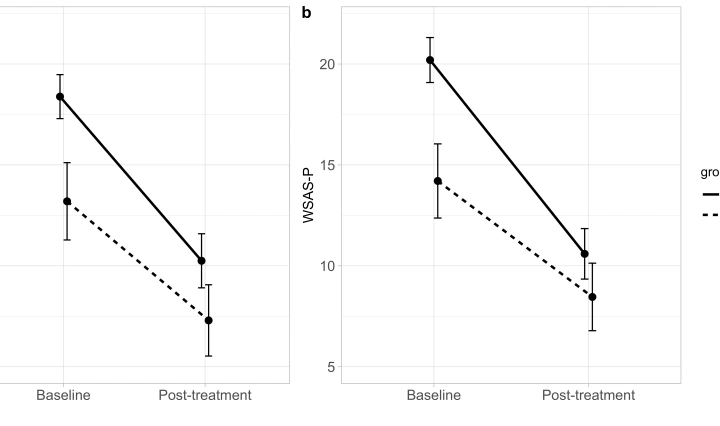
Internet CBT and face-to-face therapy are similarly effective, shows new systematic review.
This review was recently published by Hedman-Lagerlöf and colleagues in the high-impact scientific journal “World Psychiatry”. Some highlights: Read the full text here: https://onlinelibrary.wiley.com/doi/10.1002/wps.21088 Reference Hedman-Lagerlöf, E., Carlbring, P., Svärdman, F., Riper, H., Cuijpers, P. and Andersson, G. (2023), Therapist-supported … Continue reading Internet CBT and face-to-face therapy are similarly effective, shows new systematic review.







